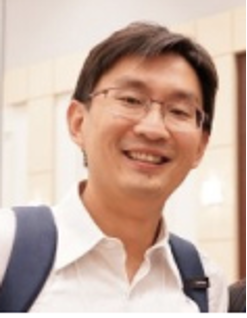New generation of high-throughput experimental techniques
Kui Jin
Institute of Physics, Chinese Academy of Sciences
EXTENDED ABSTRACT: In this talk, I will introduce the new generation of high-throughput experimental techniques, which are successfully applied in functional materials research. One prototype is the full high-throughput process from combinatorial film preparation to multiscale Characterizations on high-Tc superconductor, to demonstrate the concept of experimental data matching over multiscale space. We succeeded in growing epitaxial high-Tc superconducting film on one centimeter substrate by the combinatorial laser MBE technique, with a composition gradient from optimal superconducting phase to Fermi liquid state. Such high quality combinatorial films are suitable for multiscale fast screening, and therefore a lattice-doping library is set up assisted by high-throughput in-lab XRD and synchrotron XRD facilities, with the space resolution reduced from millimeter down to micrometer. Meanwhile, the electrical transport database, obtained in several weeks on a single chip, contains hundreds of resistivity data sets and helps to verify the relation between the doping level and the superconducting transition temperature (Tc) quantitatively. These combinatorial films are being used for other advanced measurements, to explore the systematical behavior without missing subtle feature. I will also exhibit our homemade combi laser MBE integrated with an in-situ low temperature STM system, a gem of 4-year effort of the team, and introduce the Beijing Materials Genome Initiative Center and our PLD factory open for users. On the basis of the MGI center, both computational and experimental materials database can be quickly built up, and the new generation of high-throughput techniques are being applied in other functional materials (e.g. ferroelectric and thermoelectric materials) and devices.

Kui Jin obtained his Ph.D. degree in Physics from the Institute of Physics (IOP), CAS in 2008. From 2008 to 2012, he was a postdoc in the University of Maryland, College Park, USA. He started his research career in IOP and leads a group in the National Laboratory for Superconductivity. Currently, he is the deputy director of the National Lab for Superconductivity@IOP, CAS. He has been engaged in the investigation of novel superconductivity via single crystalline films and the development of high-throughput experimentation.